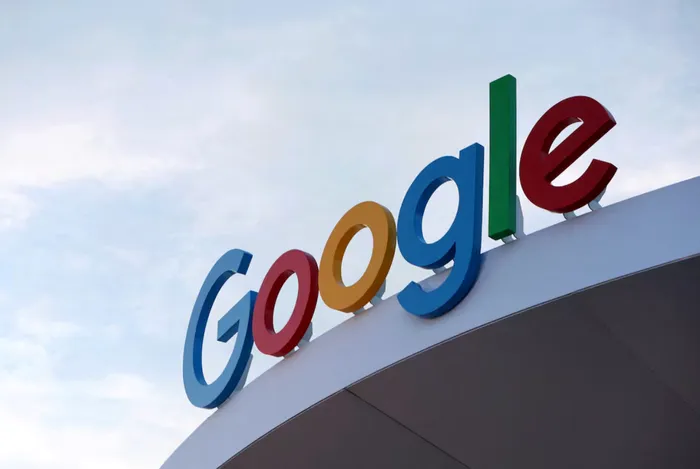
According to the Competition Commission's final report, in addition to the financial settlement, Google will also introduce new user tools to prioritise local news sources, provide technical assistance to improve website performance, share enhanced audience data, and establish an African News Innovation Forum.
Image: File
South African news audiences could be the ultimate losers as the country moves to implement European Union–style legislation compelling global digital platforms to share revenue with traditional media houses, a move that may prompt the platforms to simply stop indexing local news content.
The findings of the Competition Commission investigation released on Thursday state that the market dominance and conduct of major tech players — including Google, Meta, Microsoft, TikTok, X Corp, and AI firms such as OpenAI — have eroded traditional media’s revenue base, weakening their sustainability.
At the heart of the Commission’s final report is a R688 million Media Support Package negotiated with Google and YouTube. The package will support national, community, and vernacular news outlets through content licensing, innovation grants, and capacity-building programmes.
James Hodge, the chair of the Media and Digital Platforms Market Inquiry (MDPMI), said the report and remedies represent a landmark step toward rebalancing digital markets, protecting fair competition, and rebuilding the long-term sustainability of South Africa’s news media.
Hodge said the negotiating process had been quite a journey as the decision makers for the global tech firms higher executives were not necessarily engaging with the inquiry day to day, needing their local representatives to sensitise them to the context and needs of the local media.
"It's a learning process, we have been told by these global tech firms that SA represents less than 1% of their global revenue , the boardroom doesn't even think about South Africa," Hodge said.
"But that's credit to some of the executives and the teams to sensitize them to what we face and reach an agreement to move forward and support the media."
Martin van Staden, head of policy at the Free Market Foundation, said it was legislative imperialism for South Africa to uncritically borrow from the EU’s Copyright Directive of 2019, which introduces the phenomenon of a “neighbouring right” for the benefit of news media publishers.
Van Staden explained this as "the right" meant to address the "imbalance" between publishers with "weaker" bargaining power than digital platforms, entitling them to claim money from the platforms for use of their publications such as the display of their links.
He said the local media had voluntarily boarded the platforms to advance their own visibility enjoy free exposure that Google and Meta grant them, but they resent the fact that Google and Meta also benefit from the relationship.
"We are concerned that the Competition Commission forcing the digital platforms to share revenue with traditional media may lead to de-incentivising the global businesses from the South African market," Van Staden said.
"The numbers about the revenue sharing do not matter, what is being done is to dictate to companies that have the GDP of small nations and the impact to them is not just in the South African market but the precedent it may set in other international markets."
Van Staden said this was "overreach", adding that it was easy for the platforms to stop indexing South African media.
"We are trying our luck in a reckless way. The Commission should have waited for someone to see how it played out in Europe and then went on to devise agreements that suit the South African context," he said.
According to the Competition Commission's final report, in addition to the financial settlement, Google will also introduce new user tools to prioritise local news sources, provide technical assistance to improve website performance, share enhanced audience data, and establish an African News Innovation Forum.
Microsoft, in turn, will extend its MSN news contracts to include five additional national publishers.
Social media platforms including Meta will create a media liaison office in South Africa and expand monetisation access through workshops, ad credits, and the removal of follower thresholds.
YouTube will offer automatic access for all South African media to its Partner Programme and support the SABC with direct ad sales and archive digitisation.
TikTok will roll out its Publisher Support Suite in South Africa, including monetisation and analytics tools, while X Corp will make all monetisation programmes available locally and provide training workshops.
All platforms will implement digital literacy initiatives to strengthen media resilience and counter misinformation.
The Commission recommended that the Department of Trade Industry and Competition issue a block exemption to enable collective bargaining by South African media over platform monetisation terms, AI content licensing, AdTech pricing, and joint ad-sales for community media.
BUSINESS REPORT